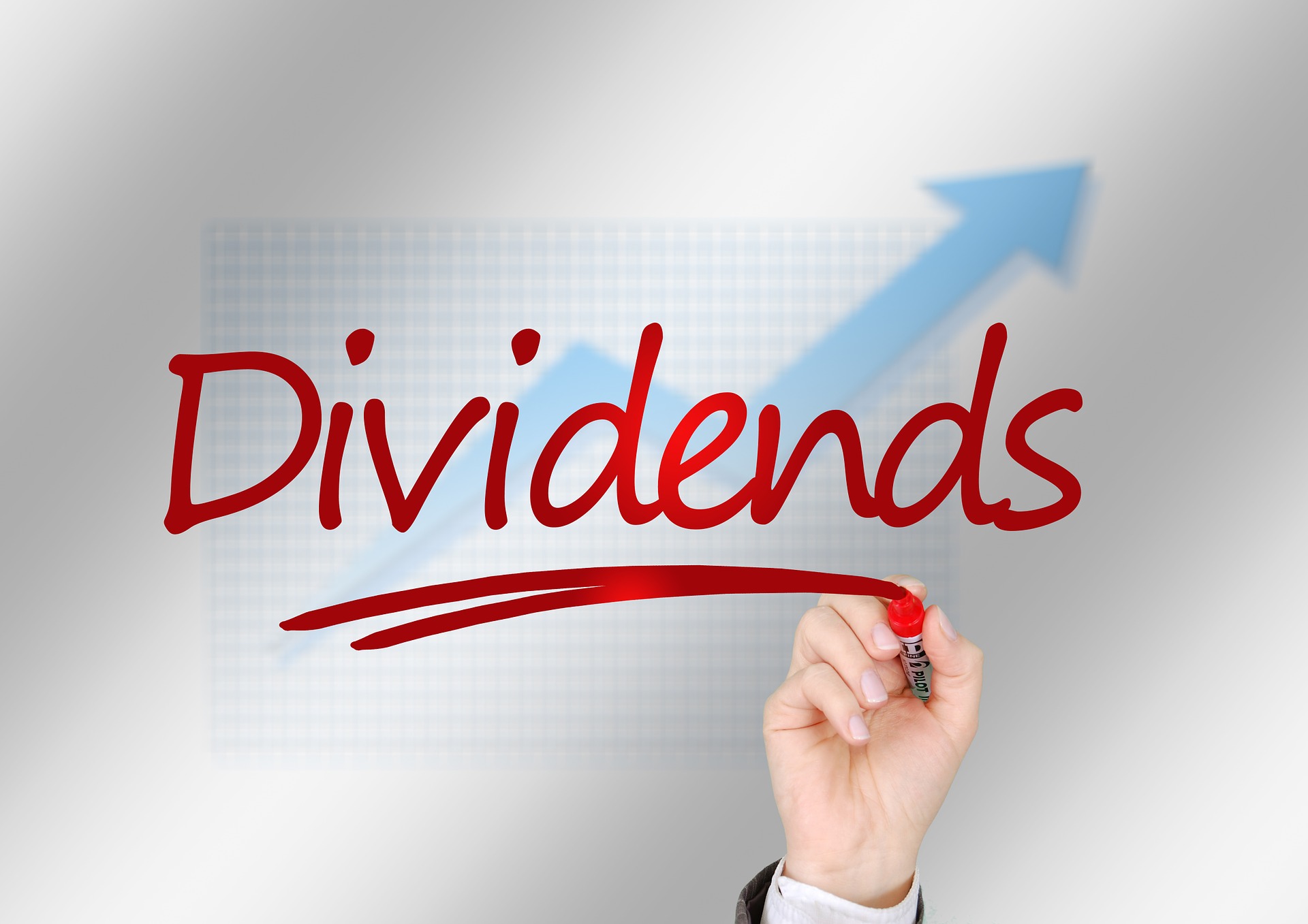I've always been a big fan of dividends. I like the comfort of getting a dividend payment every six months and I've been swayed by the oft-repeated claim that dividend payments comprise two thirds of the return from long-term investing.
It's also the case that if you focus on dividends you may be drawn to unloved cheap shares that outperform better-known, more glamorous stocks that don't pay a dividend at all or at least on a low yield. High dividend strategies tend to work well.
But Meb Faber, the well known fund manager and investment strategist is concerned that many of us have forgotten the big downside of dividends. You have to pay tax on them. Or you often do anyway. He also argues that although a dividend strategy is a good strategy, it isn't the best strategy, and that's the case regardless of tax.

Mebane Faber, co-founder, Cambria Investment Management
Tax
That said, the tax issue is important given that the out-performance of dividend strategies relies on the reinvestment of dividends into new share purchases. Clearly you won't be able to buy as many new shares if you've had to pay out a big chunk of the dividend in tax.
Faber has outlined his argument in a paper entitled: Do you pay taxes? Then avoid dividends and do this instead.
He started by looking for a strategy that would deliver as a good return as a dividend strategy without generating any dividends, and thus avoiding a tax bill. In other words, Faber was looking for a 'non-dividend dividend' strategy. The obvious place to look was in value investing or using the value factor.
Faber compared seven different strategies between 1974 and 2015. In the table below, the first column is a classic passive investment strategy - investing in the S&P 500 and weighting the different constituents by market cap. The second column is the top 2000 US stocks which are equal weighted. In other words, each stock in the index comprises 0.05% of the portfolio. The third column is the top 100 US stocks in terms of dividend yield which are equal weighted.
The fourth column is a 'value composite' created by Faber and his research partners which uses a combination of price/earnings, price/sales, price/book and EV/ebitda. The final three columns are the value composite with the removal of increasing numbers of the big dividend payers.
Performance of dividend strategy compared to value strategies and conventional passive
50% Divs
1974-2015S&P 5002000 stocks EW SizeTop 100 EW Div YieldTop 100 EW Value CompositeTop 100 EW Value Ex Top 25% DivsTop 100 EW Value Ex TopTop 100 EW Value Ex All DivsReturns10.77%12.8%13.87%17.38%17.17%15.93%15.56%
Source: Meb Faber/GFD/Alpha Architect
As you can see, although the pure dividend strategy - the top 100 EW Div Yield - did well, with a 13.87% annual return, other strategies did better. So these figures suggest that you're better off with a value strategy and that's before you even think about tax. I was surprised by that.
Of course, there are no guarantees that pure value will continue to beat a dividend strategy in the future, and we should note that these are US figures. That's important because UK companies traditionally pay out higher dividends than US companies which may affect the relative performance of the different strategies.
Nonetheless, even with these caveats, Faber's numbers are striking.
How are dividends taxed in the UK?
It's also worth noting that US dividends are normally taxed at 15%. In the UK, the first £5000 of dividend tax income isn't subject to income tax. Above £5000, basic rate taxpayers pay 7.5%, higher rate taxpayers pay 32.5% while additional rate taxpayers pay 38.1%. The £5000 tax threshold will be reduced to £2000 in April 2018. ISAs provide tax-free protection for dividends.
Buffett
Faber makes on final point. He suggests that Warren Buffett would agree with his argument. Buffett's Berkshire Hathaway holding company has only ever paid one dividend - back in 1967 - and for him, dividends can fall into the 'value destroyer' camp if the company can find a better use for the capital. And given that dividends are tax-inefficient, which is true in the UK as well as US, other uses such as investment in the business or share buybacks will often create more value.


